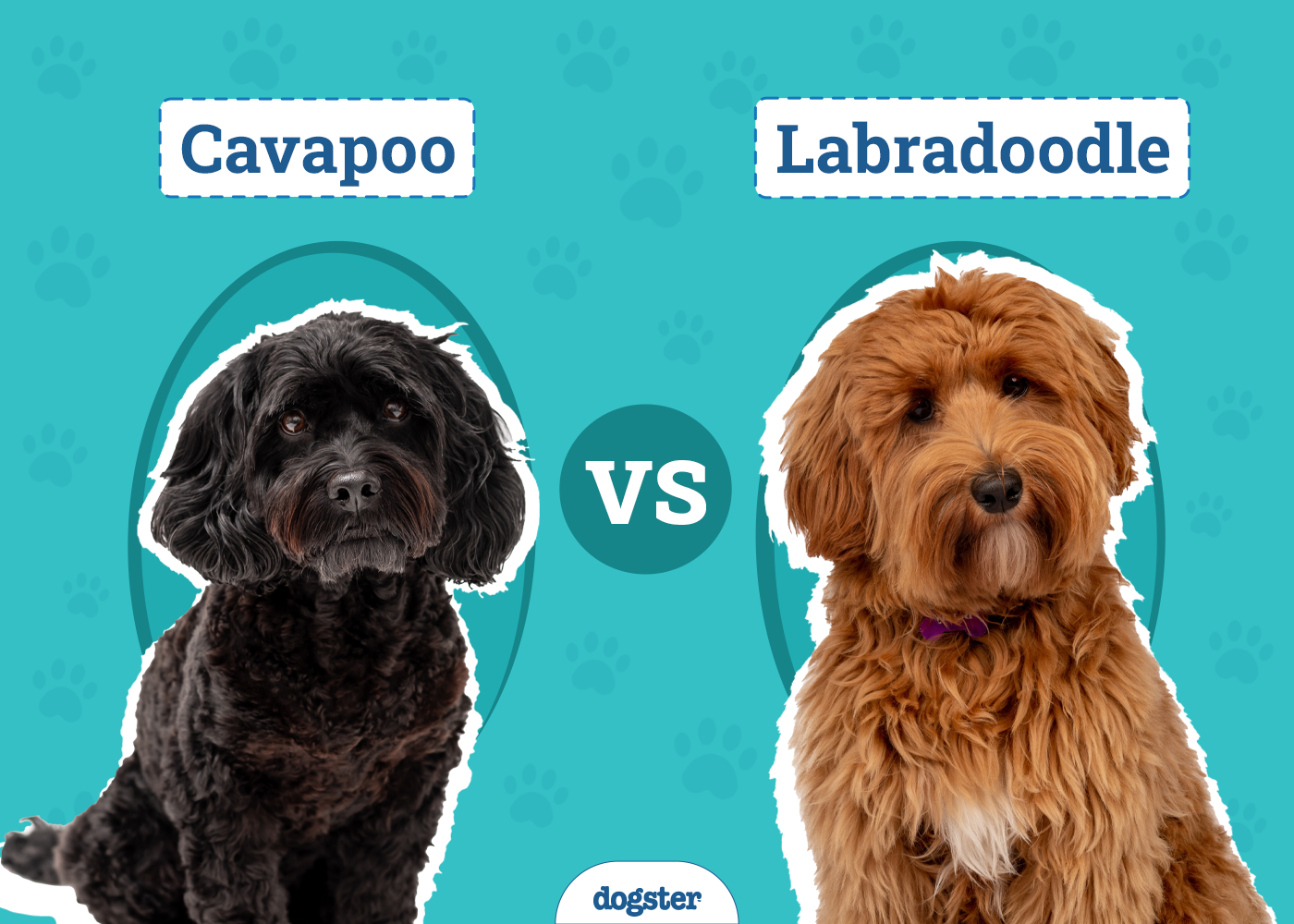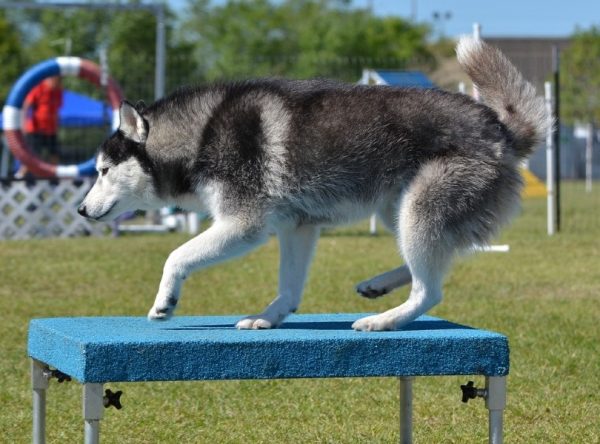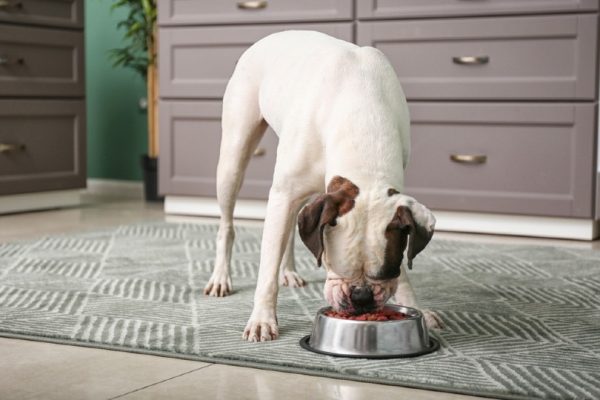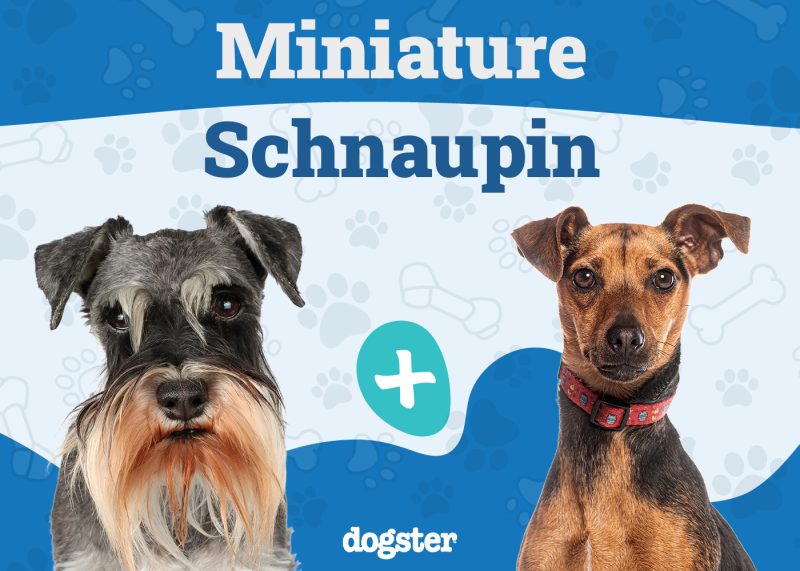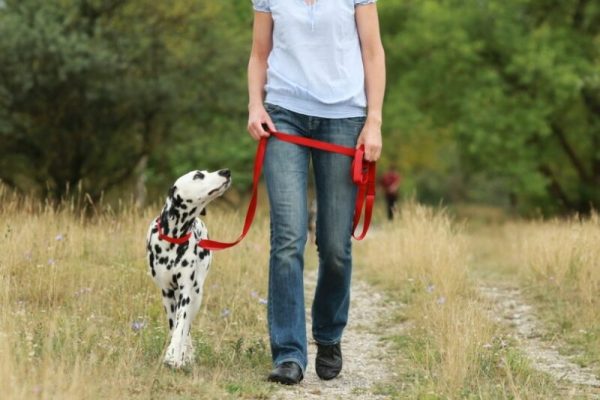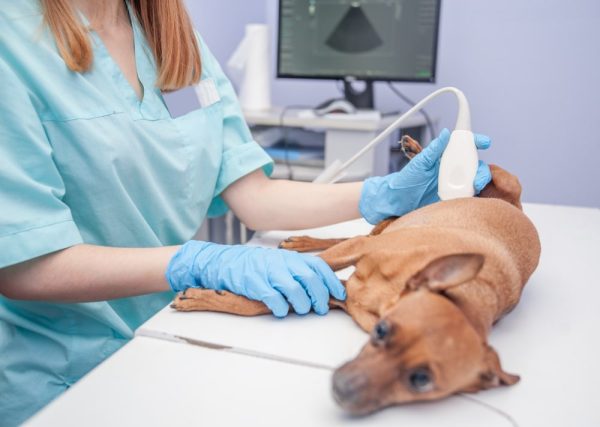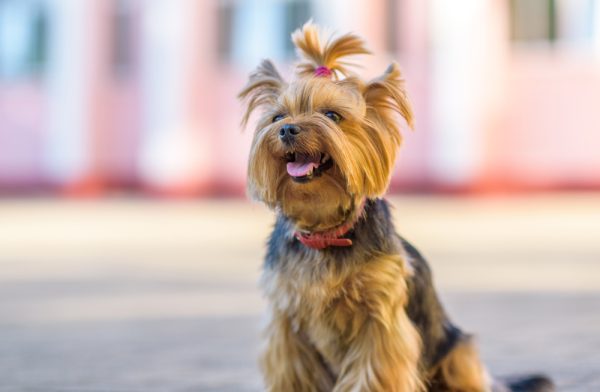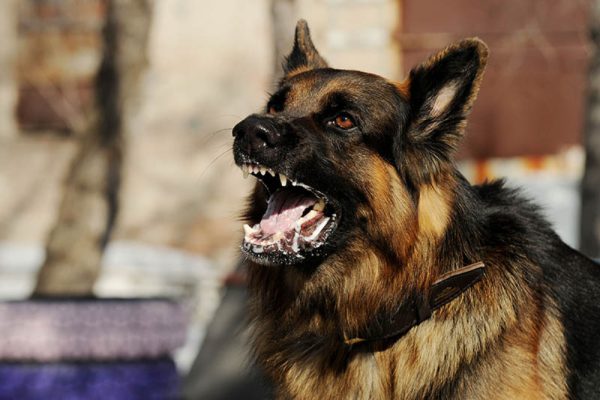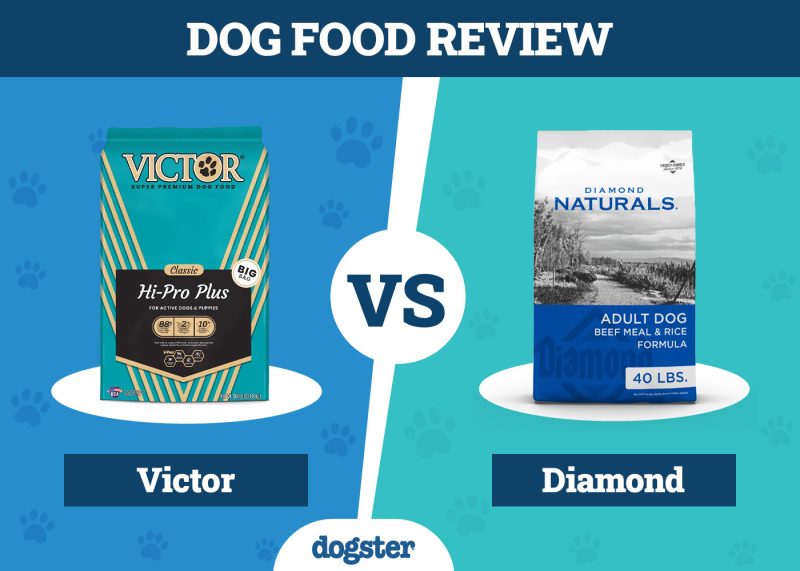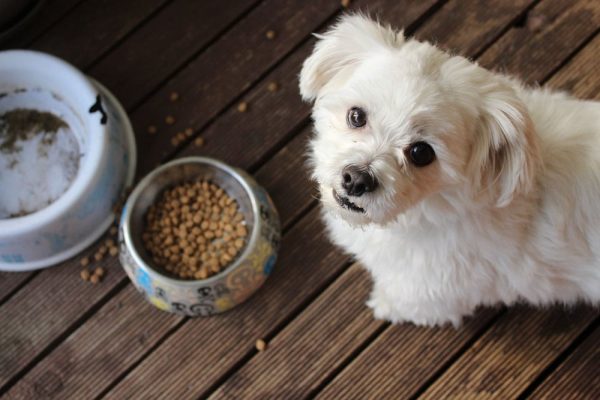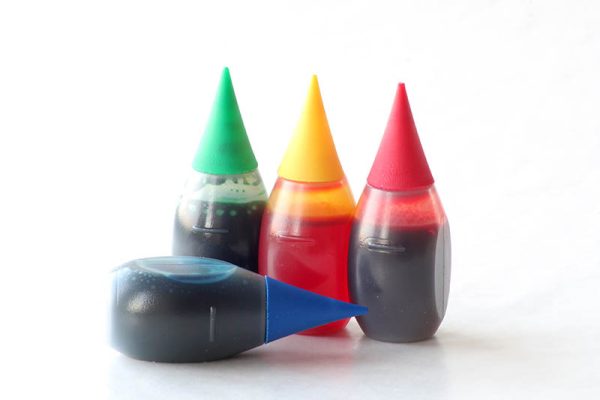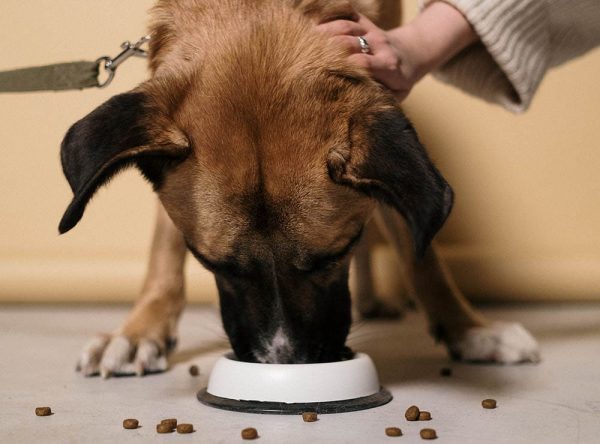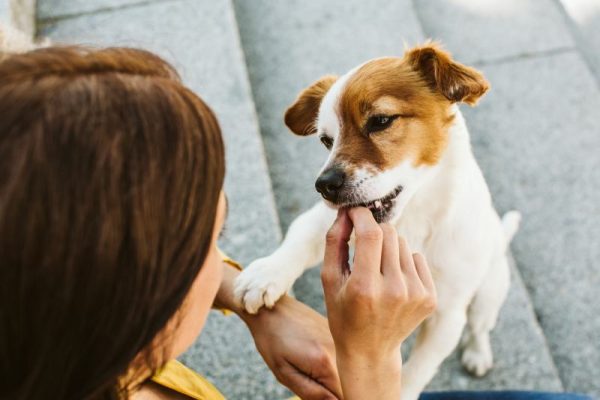In this article
View 3 More +The Cavapoo and Labradoodle share many similarities. They’re both hybrids that have been bred with Poodles. They also tend to be friendly and are often good with families with young children. While both dogs may be excellent choices for first-time owners, they do have a few differences that set them apart, particularly with living spaces and exercise requirements.
Prospective dog owners must also be attentive to each breed’s individual needs and know what to expect if they decide to bring one home and care for them. Being well-informed about the Cavapoo and Labradoodle will help you determine which one is best for you.

Visual Differences
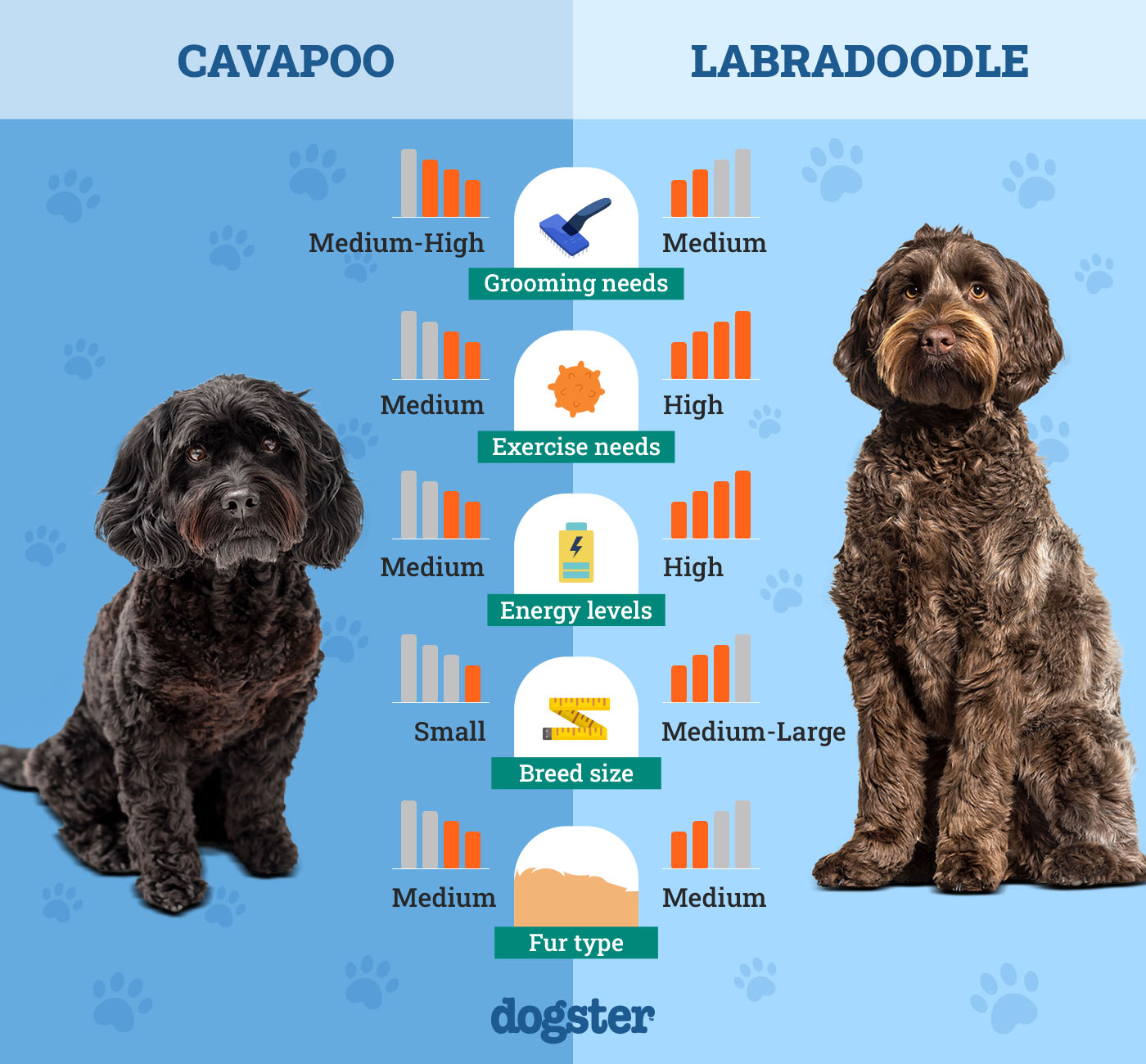
At a Glance
- Average height (adult): 9–15 inches
- Average weight (adult): 9–25 pounds
- Lifespan: 11–15 years
- Exercise: 45+ minutes a day
- Grooming needs: Moderate
- Family-friendly: Yes
- Other pet-friendly: Often
- Trainability: Intelligent, loyal, eager to please
- Average height (adult): 21–24 inches
- Average weight (adult): 50–65 pounds
- Lifespan: 12–14 years
- Exercise: 1+ hours a day
- Grooming needs: Moderate
- Family-friendly: Yes
- Other pet-friendly: Yes
- Trainability: Intelligent, intuitive, eager to please

Cavapoo Overview

Personality / Character
The Cavapoo is a cross between a Cavalier King Charles Spaniel and a Poodle. They tend to be friendly and enjoy the company of humans and other dogs. They can get along with other kinds of pets, like cats, but they can also have a strong prey drive. So, while it’s possible for them to coexist with other animals, dog owners must also have the realistic expectation that their Cavapoos may not ever be fully trusted to be alone with other pets.
Cavapoos enjoy being around people, and due to their smaller size, they can become good companion animals for children. These dogs do not do well by themselves for long hours, so it is important for them to be in homes where someone can usually be with them. Cavapoos tend to be social and welcoming toward strangers and other dogs.
Exercise
Cavapoos tend to be fairly active and playful, and their exercise needs will depend on their size. Large Cavapoos that are around the 15- to 20-pound range often enjoy going on long walks and can be good hiking companions. Small Cavapoos are better suited for apartment life and often don’t need as much exercise. In general, this breed requires at least 45 minutes of exercise per day. They can get this through daily walks, visits to the dog park, and playing with a variety of toys.
As intelligent dogs, Cavapoos require a good amount of daily mental stimulation and enrichment activities. Bored pups can end up developing anxiety or engaging in destructive behaviors. Treat puzzles and toys can help keep them occupied, and they’ll also enjoy playing games like hide-and-seek and scent tracking.
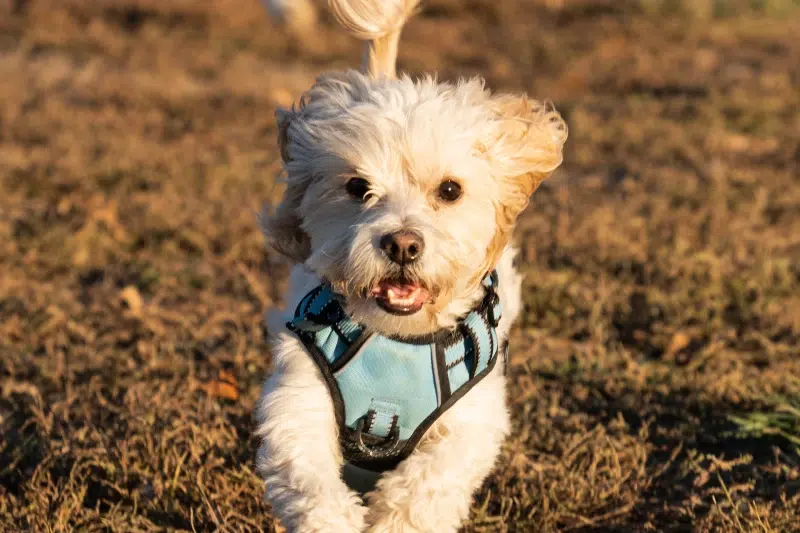
Training
Cavapoos are known to be people pleasers and love attention and receiving praise. They’re also quite intelligent, so these dogs tend to be relatively easy to train. Training sessions should be short and frequent to keep them engaged. Make sure to maintain a positive attitude and be extra encouraging, as Cavapoos are sensitive to people’s tone of voice. If you’re ever feeling frustrated, it’s best to end the training session and take a step back rather than express your frustration toward your dog.
Small Cavapoos may have a hard time with potty training because they have small bladders and will have to be let out more frequently. However, since they’re quite smart, they can learn bell training quickly and will learn to hit the bell every time they have to go outside for a potty break.
Health & Care
Cavapoos are pretty healthy, but they may develop a few common health issues, especially as they age. They’re more prone to luxating patellas, hip dysplasia, and progressive retinal atrophy (PRA). They can also develop mitral valve disease, which is a heart disease.
Grooming needs will depend on the type of coat that your pup has. This breed’s coat ranges from wavy to curly. Cavapoos with wavy coats tend to shed more, while ones with curlier coats shed less. All Cavapoos require daily brushing to prevent their fine hairs from tangling and matting. If you aren’t able to keep up with daily brushing, you can request a professional groomer to shave your dog’s coat to a shorter, more manageable length. Most Cavapoos benefit from getting their coats trimmed and groomed every 6 to 8 weeks.

Suitable For:
Cavapoos crave companionship, so they’re best for people who either spend most of their time at home or are able to take them out wherever they go. Due to their small size, they’re often content with apartment living as long as they get their daily exercise needs met. Cavapoos often make good playmates for children and love playing games and learning new tricks.

Labradoodle Overview
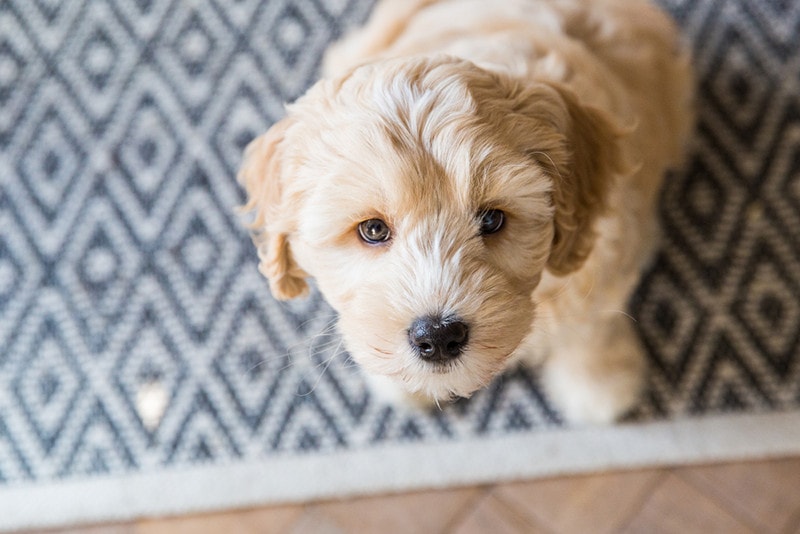
Personality / Character
Labradoodles are a cross between a Labrador Retriever and a Poodle. They come in four sizes: miniature, small-medium, medium, and standard. Miniature Labradoodles can be as small as 11 pounds, while standard Labradoodles can exceed 85 pounds.
Labradoodles are known to be wonderful companion dogs. They tend to be intuitive and attuned to their family members, and many become successful service or therapy dogs. They’re usually fairly patient with children, but larger Labradoodle puppies need to learn to be extra careful around children while they’re playing so the kids don’t get knocked down by them.
Like Cavapoos, Labradoodles do not do well being alone for long. They love accompanying their families everywhere they go. They tend to be pretty adaptive, though, so they can get enough social interaction by going to doggy daycare or spending time with a dog walker if you have to leave them at home for long hours.
Exercise
Labradoodles are highly active dogs that require at least 1 hour of exercise per day. Small pups can get by with living in an apartment, but this breed generally does best when they live in a single-family home with a fully fenced backyard. These dogs will enjoy going on daily walks around the neighborhood, but they’ll also love going out to experience a variety of places. They often make good outdoor adventure companions and can keep up with camping, hiking, and swimming.
The Labradoodle is also a highly intelligent breed, so they need plenty of daily mental stimulation. They’ll enjoy having a job, like retrieving items or doing therapy dog work. Taking your Labradoodle to new places will also provide new learning opportunities for them. When at home, these dogs will enjoy all sorts of enrichment activities and are quick to learn how to play with treat-dispensing toys and puzzles.
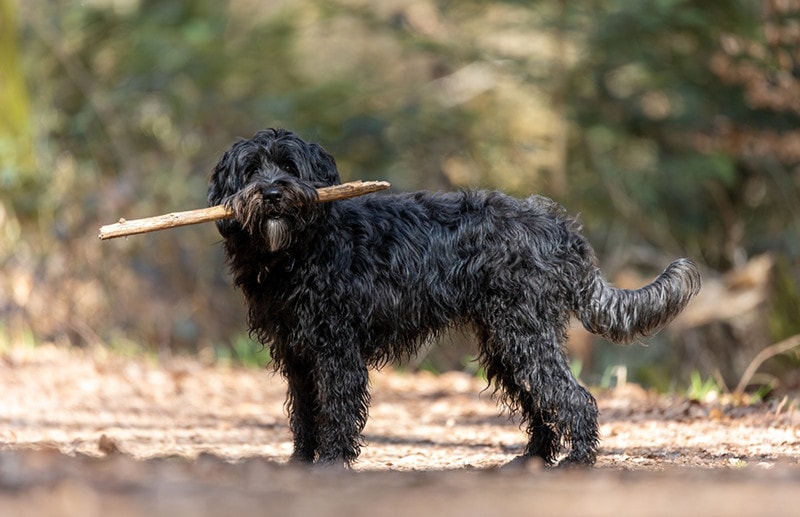
Training
Training a Labradoodle is relatively easy, so they make good dogs for first-time dog owners. Labradoodles are similar to Cavapoos in that they’re eager to please and enjoy learning. They tend to learn obedience training quickly, especially when their efforts are met with a lot of praise and their favorite treats.
Active Labradoodles can often learn to participate in agility courses and events pretty quickly and easily. Some will also enjoy dock jumping.
Health & Care
Labradoodles are generally healthy, but they do share similar health issues as Cavapoos. They’re also prone to hip dysplasia and PRA. They may also develop von Willebrand’s disease or Addison’s disease.
Labradoodles have similar grooming needs as Cavapoos. They usually require daily brushing because their fine hairs are prone to tangling and matting. Most require professional grooming every 6 to 8 weeks.
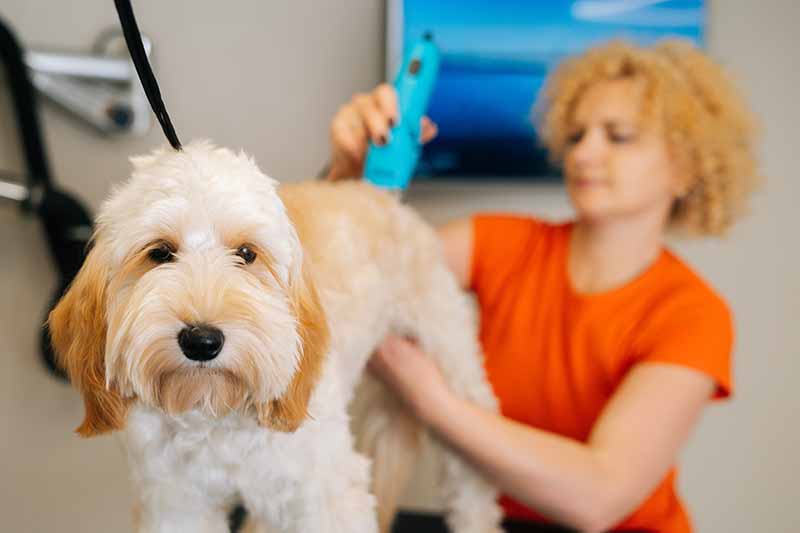
Suitable For:
Labradoodles are wonderful family dogs that love being around people. They usually require more space than Cavapoos, so they usually do best in single-family homes. They make good pets for people who are willing and able to invest in solid training and provide plenty of socialization opportunities. They’re the ultimate companion dogs and love being helpful, so they’ll enjoy spending time with their families, learning new tasks and tricks, or having a job.

Which Breed Is Right for You?
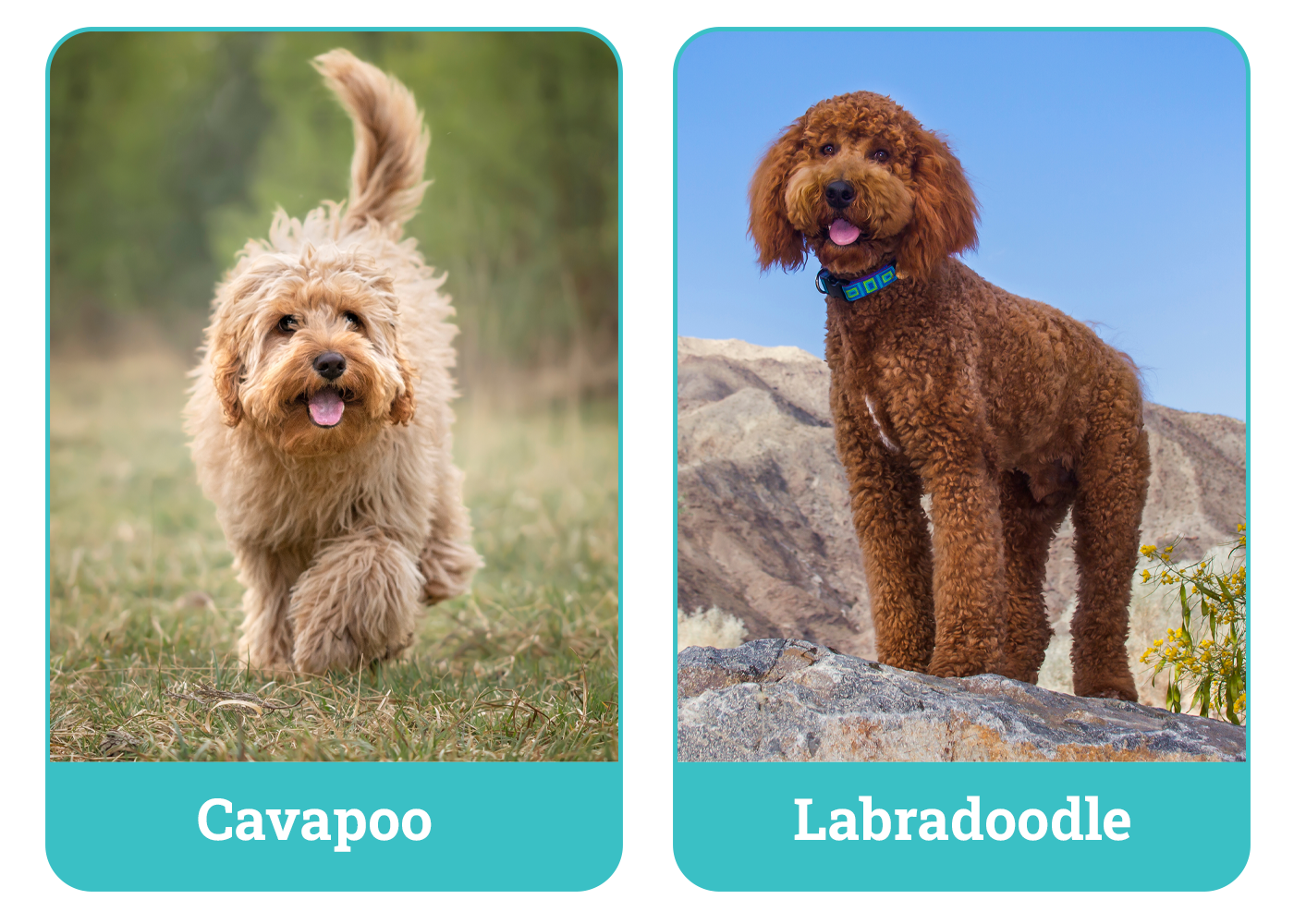
Both Cavapoos and Labradoodles need to be in homes where they’re not left alone for long hours at a time. They love being around people and are sociable. Since they have such friendly natures, they don’t make good watchdogs. However, they make wonderful family dogs, emotional support dogs, and therapy dogs.
In general, Cavapoos are better suited for apartment living. While they do have a good amount of energy, they don’t need as much exercise as Labradoodles. Small Cavapoos can also get by with getting their exercise needs met indoors.
Labradoodles are better for people with more active lifestyles. They can keep up with all sorts of activities and are quick learners. They often make perfect outdoor companions and will enjoy participating in all kinds of activities.
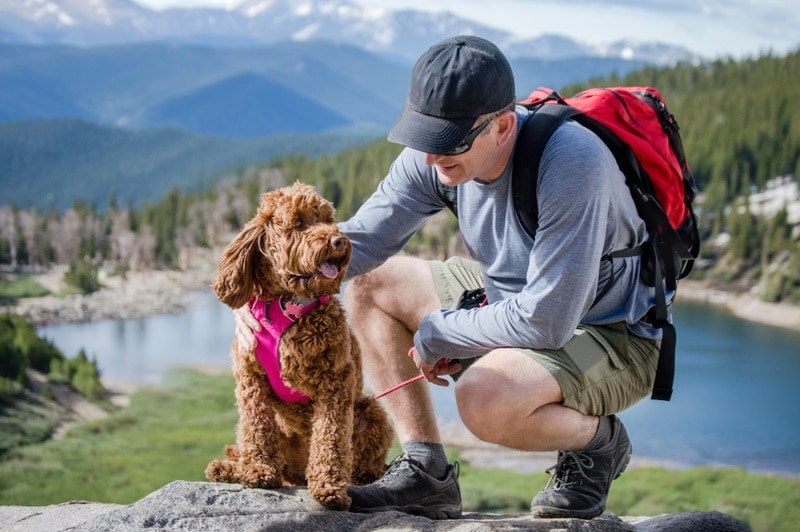

Conclusion
Overall, Cavapoos and Labradoodles are excellent companion dogs that quickly become attached to their families and are capable of developing deep bonds. These dogs love receiving attention and have cheerful and friendly personalities. They can brighten up your day and will love nothing more than spending all their time with you.
See Also:
Featured Image Credit: Top – Mia Anderson, Unsplash | Bottom – Janosch Diggelmann, Unsplash
